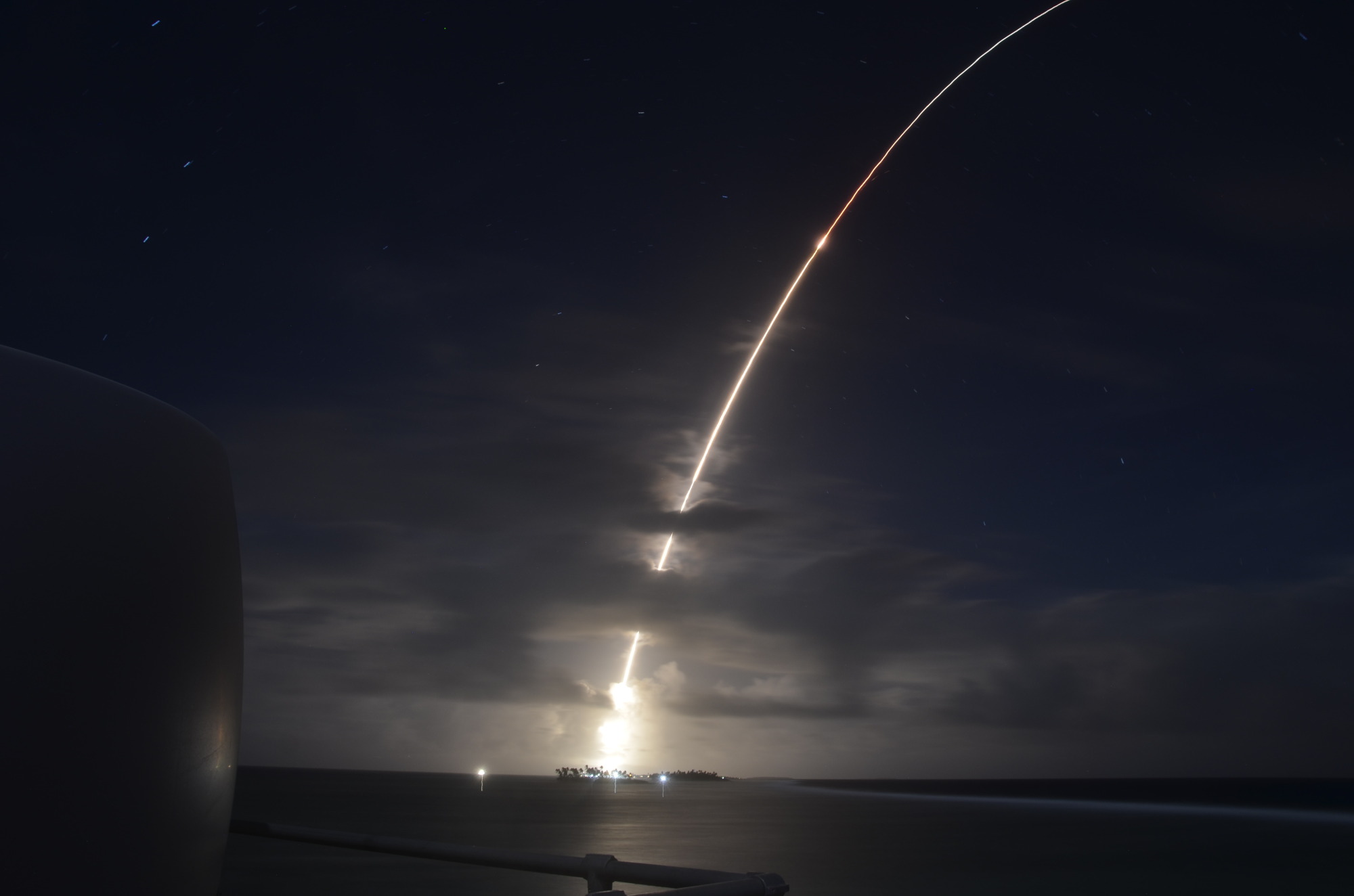In a move that could have ramifications for defending the United States from North Korean nuclear weapons, the U.S. said Monday that it had successfully conducted a "salvo" intercept of an intercontinental ballistic missile-class target — the first test of its kind.
The U.S. Missile Defense Agency said that two ground-based interceptors (GBI) in California were used in the test, which struck the mock target over the Pacific. It said one destroyed the target's re-entry vehicle, while the other "then looked at the resulting debris and remaining objects, and, not finding any other re-entry vehicles, selected the next 'most lethal object' it could identify, and struck that."
The target was launched from a test site in the Marshall Islands in the Pacific, some 6,400 km (4,000 miles) from Vandenberg Air Force Base in California, where the interceptors were launched, the MDA said.



















With your current subscription plan you can comment on stories. However, before writing your first comment, please create a display name in the Profile section of your subscriber account page.